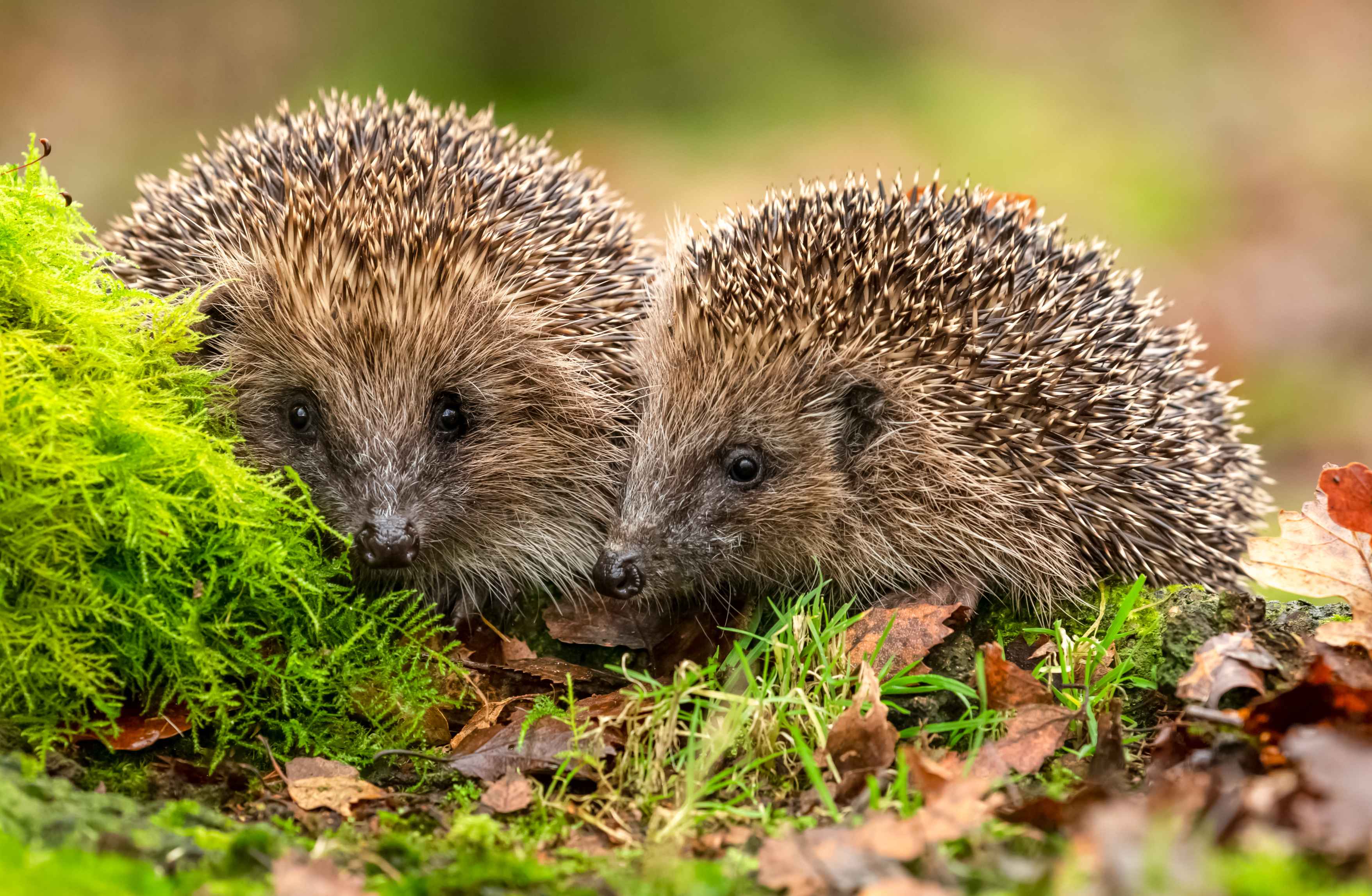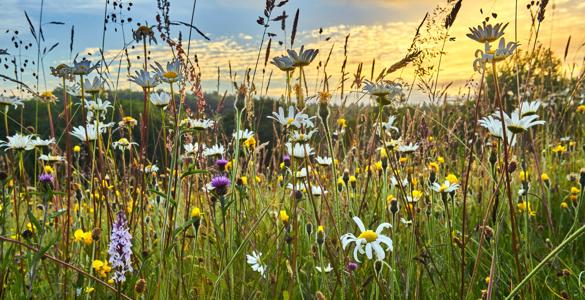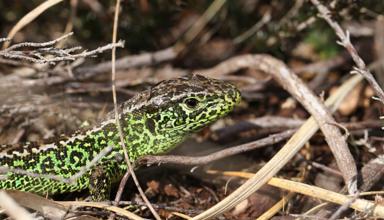A new global biodiversity framework has been agreed at COP15, the UN biodiversity summit, setting four goals and 23 targets for achievement by 2030. Known officially as the Kunming-Montreal Global biodiversity framework, the suite of measures aim to address the global loss of biodiversity and restore natural ecosystems.
The new framework sets targets on a range of issues from protected areas, nutrient pollution and pesticide use. This article looks at some of these targets, and what they mean for Wales.
For background on COP15 including the issues underpinning the negotiations, see our previous article.
Protecting ecosystems
A key target, and central to the draft framework drawn up ahead of the summit, is the ‘30x30’ target (target three). It looks to protect 30% of terrestrial, inland water, and coastal and marine areas by 2030:
… especially areas of particular importance for biodiversity and ecosystem functions and services…
Alongside over 100 countries, the Welsh Government committed to support the 30x30 target ahead of the summit. The Minister for Climate Change said this would require “strategic, regulatory and legislative action”. The recent Welsh Government ‘Biodiversity Deep Dive’ identified key themes and recommendations for specific actions to be taken in Wales to achieve the 30x30 target.
Following the summit the Wildlife Trusts Wales says there are “important questions to be asked about how 30x30 is defined”, to ensure a range of ecosystems are protected under this target.
Signatories to the new framework will also aim to bring at least 30% of all degraded ecosystems under “effective restoration” by the same date (target two). This is strengthened from the draft framework which sought to restore a fifth of degraded ecosystems.
Protecting species
 The new framework commits nations to take “urgent management actions” to halt extinction of threatened species, and to significantly reduce extinction risk (target four). It also seeks to provide protection for use, harvesting and trade of wild species (target five), and tackle alien invasive species (target six).
The new framework commits nations to take “urgent management actions” to halt extinction of threatened species, and to significantly reduce extinction risk (target four). It also seeks to provide protection for use, harvesting and trade of wild species (target five), and tackle alien invasive species (target six).
The RSPB says its “disappointed that these commitments aren’t more concrete”, due to the absence of measurable outcomes for species recovery.
Tackling pollution
Signatories to the framework have also pledged to “reduce pollution risks and the negative impact of pollution from all sources, by 2030, to levels that are not harmful to biodiversity and ecosystem functions and services, considering cumulative effects” (target 7).
This target specifically includes:
- reducing excess nutrients lost to the environment by at least half;
- reducing the overall risk from pesticides and highly hazardous chemicals by at least half; and
- working towards eliminating plastic pollution.
The Welsh Government is already taking action on pollution from farming and the water industry, which Natural Resources Wales (NRW) highlights are the two biggest sources of surface water pollution. It has introduced agricultural pollution regulations, and set up the Better River Quality Taskforce which has identified five areas where action is required. In addition, NRW has since set updated phosphorous targets, and The Environmental Protection (Single-use Plastic Products) (Wales) Bill passed by the Senedd.
However, reducing risk from pesticides and chemicals will likely require further action, something that the Wildlife Trusts Wales say will be challenging but necessary. The four nations did consult on a UK National Action Plan for the Sustainable Use of Pesticides in early 2021, but the outcome is still awaited.
Implementation and domestic targets
The new framework says it’s successful implementation requires responsibility and transparency “supported by effective mechanisms for planning, monitoring, reporting and review”. This includes revising or updating national biodiversity strategies and action plans in line with the framework, “including national targets communicated in a standardised format”. For Wales, this will mean updating the Welsh Government’s Nature Recovery Action Plan.
While the Welsh Government is not obligated to set specific national targets as a result of this framework, it’s programme for government includes a commitment to develop a “statutory duty and targets to protect and restore biodiversity”. It has also said that legally binding biodiversity targets will be looked at in the context of this new global framework.
Environmental NGOs, who have lobbied on this issue for years, will be watching closely for the development of domestic biodiversity targets.
Funding conservation
The summit came to a dramatic close over how to fund conservation efforts in those parts of the world with the most biodiversity. However the agreed new framework commits $200bn per year by 2030 from all sources of funding (public and private), increasing public finance to $30bn annually by 2030, and to develop a new fund to support the delivery of the framework.
The Welsh Government has recently set out its draft budget for 2023-2024. However if biodiversity is to be fully integrated across all policy areas (target 14), the Welsh Government will need to consider the impact of its spend across portfolios on the nature emergency.
Wales Environment Link say the Welsh Government is coming out with the “right messaging”:
… but this needs to be matched with the right investment if we have any hope of restoring Welsh nature.
Everything else
A number of the targets broadly focus on seeking greater integration of biodiversity across various policy areas, including climate change, green/blue spaces and financing. There is a further commitment to ensuring people are encouraged and enabled to make sustainable consumption choices.
Other notable inclusions in the new framework were around gender, the rights of indigenous people, and that a human-rights approach should be taken in implementing these new targets and goals.
For Wales, one of the world’s most nature-depleted nations, a “drastic acceleration of action” will be needed to reach these targets by 2030.
Article by Lorna Scurlock, Senedd Research, Welsh Parliament






